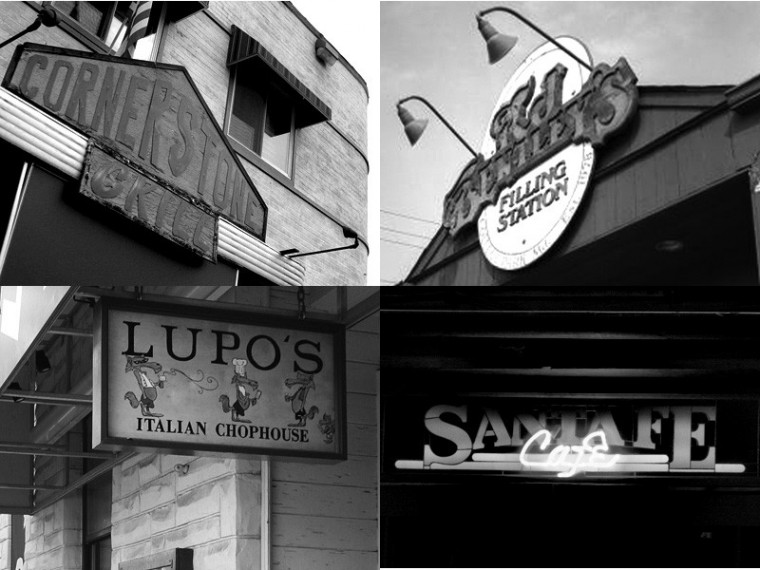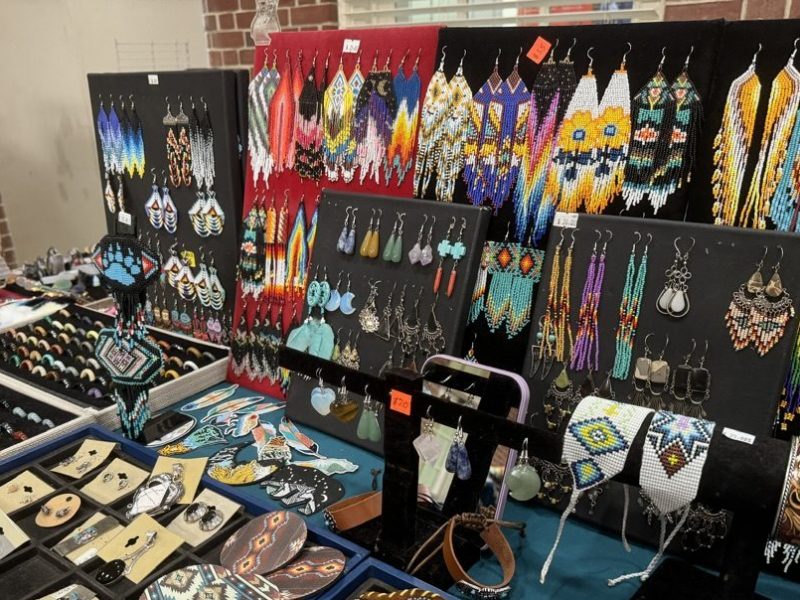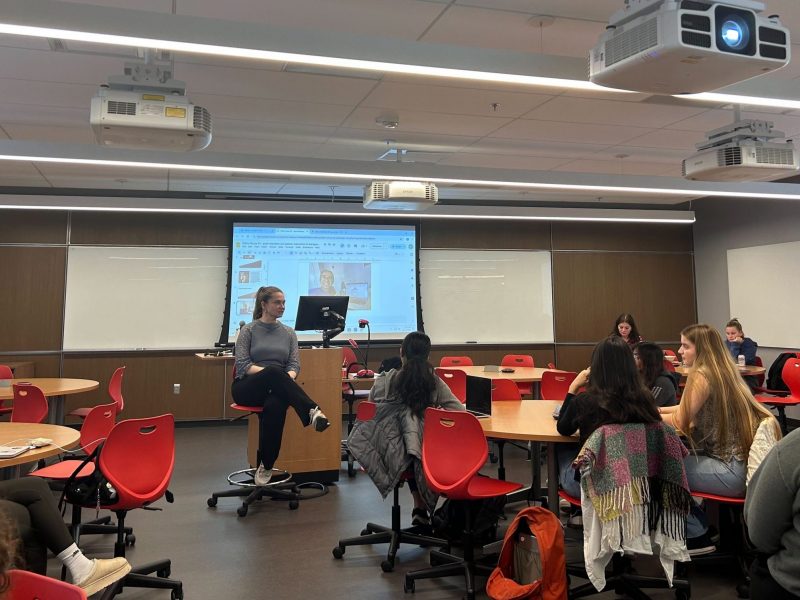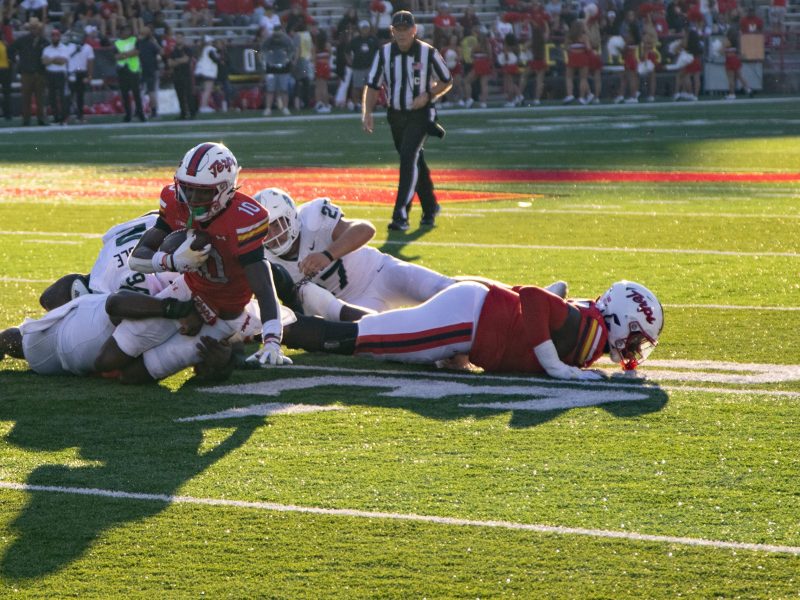
Bars and restaurants in College Park find it difficult to obtain county liquor licenses because of strict city regulations and the scant number of county licenses available.
Changing College Park’s image and making it a better “college town” is a recurring issue for students and city planners, and the scarcity of bars downtown may be a stumbling block — with four bars clustered around a small area, a College Park bar crawl is likely to be a short adventure.
Since 2002, Cornerstone Grill and Loft, Lupo’s Italian Chophouse, R.J. Bentley’s and the Santa Fe Cafe have been the only downtown bars because of the limited number of liquor licenses granted each year by Prince George’s County as well as the small market college students represent and the limitations the College Park City Council places on new licenses to steer businesses toward being restaurants and not just bars.
To get a license to serve alcoholic beverages in the city, owners typically seek the approval of the City Council before they apply to the County Liquor Board, said Public Services Director Bob Ryan. The council makes an official recommendation to the board, which decides who is granted one of a limited number of licenses given out each month.
“It was a very tedious process, and a very expensive one, too,” said Lisa Rose, owner of The Jerk Pit. Just last week, the county granted a license to the new Caribbean restaurant in the shopping center just north of the university’s main entrance, but only after Rose jumped through a number of hoops at the city and county levels.
After paying the county a $700 application fee, she met with the Lakeland area civic association, sat through two City Council meetings, signed a six-page agreement with the City Council and provided them with a plate of her jerk chicken before she could take their blessing to the liquor board.
When the Rendezvous Inn was closed and reopened as Cornerstone in 1997, the city struck a deal with its owners in exchange for a positive review before the liquor board. Mark Srour, one of the owners of Cornerstone, agreed to serve a set amount of food to balance out the establishment’s alcohol sales, encouraging it to become more of a restaurant and less like the notoriously rowdy ‘Vous.
“I was blunt… I said this will be a restaurant until 10 [p.m.], then it will become a college bar,” Srour said.
Since then, such agreements have become city policy, Ryan said — any time there is a new application, the city requires the business owners to agree to restrictions on events and advertising, then set an alcohol-to-food ratio in exchange for city approval.
The Jerk Pit agreed to an 80-20 food-to-alcohol ratio, while Lupo’s follows a 60-40 ratio. Santa Fe was given a 25-75 ratio after weeks of debate between the council and Double Eagle Inc., the company that owns both Cornerstone and Santa Fe. Despite the protracted negotiations, Srour supported the agreements for keeping up the quality of the city’s bars.
“It’s good for the town because they don’t want just a beer hall,” Srour said.
However, when Cornerstone exceeded its mandated limit of 57.5 percent alcohol sales in the last two years, the council officially opposed the annual renewal of its liquor license. Because the liquor board’s requirements were looser than the city’s, the board renewed the license over the council’s objection.
Despite the council’s difficulty enforcing the agreements, the city’s blessing is a boon to businesses when they enter the county’s highly competitive process for obtaining a new liquor license. Board officials said the Maryland General Assembly gives the county only a set number of liquor licenses each year, and the county pits businesses against each other in public hearings to prove who deserves to get them.
After receiving an application, the liquor board holds a public hearing and weighs the public’s opinion on each applicant before deciding who gets one of the few licenses, a process they repeat about once a month.
“You just have to really ‘show and tell,’ as they say,” Rose said. “You have to show that the license will help your business and that you’ll meet the community’s needs… Whoever shows and tells the best gets the license.”
While the liquor board typically asks if an applicant has community support, the city of College Park is particularly wary of permitting new licenses, Ryan said. After bad experiences with bars that become havens for raucous crowds, underage drinking and crime, the council has spent the last few years trying to push for better businesses.
With the city’s new agreements deliberately pushing owners toward food sales, the only “pure” bar left in College Park is Town Hall Lounge, next to the College Park Volunteer Fire Department, Ryan said.
Town Hall and Bentley’s were both open before the city began pushing for agreements, Ryan said, though Bentley’s also follows a 60-40 alcohol-to-food ratio.
College Perk Coffeehouse owner Chris Gordon said he wanted to take full advantage of the license he was granted last year, eventually opening a new bar behind the coffeehouse that would give him more space for live music.
However, some business owners are convinced the city’s market would need to change before it could support more bars and attract better business.
“We can barely get three bars crowded five nights a week,” Srour said. “All of us are just making it.”
“There are students, sure, but the buying power just isn’t there for bars outside of downtown … College Park isn’t really a ‘destination’” for people coming from outside the city, Gordon said. “The city needs more high-class bars — a place where you could go to sit and talk with friends, not just go to get plowed.”



